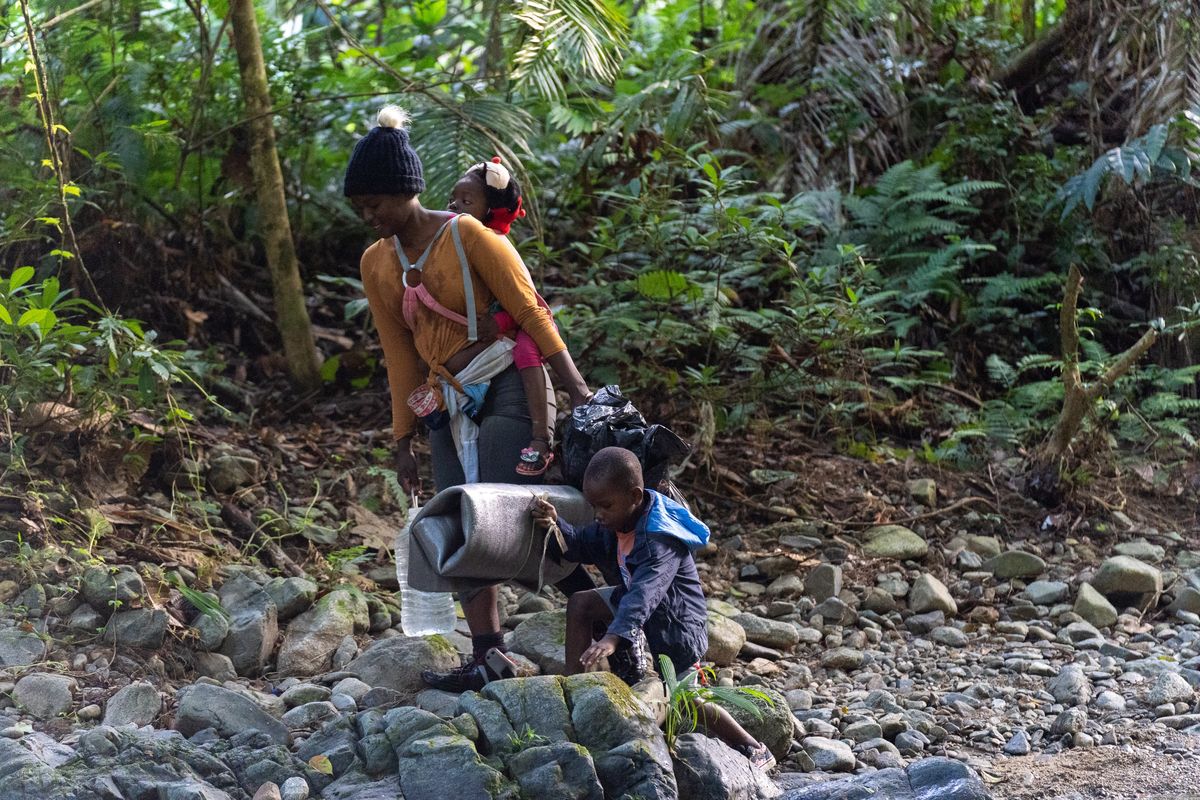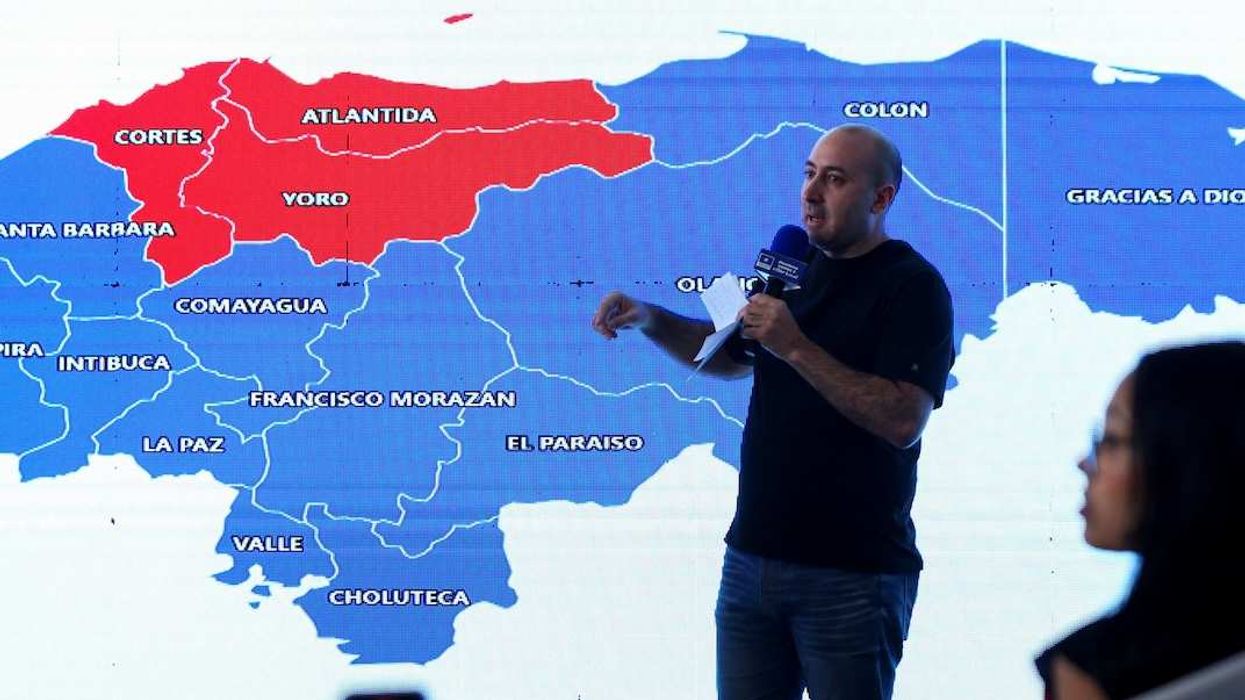Some 460,000 migrants – triple last year's number – have made the treacherous, 10-day trek through the Darién Gap, the jungle linking Panama and Colombia and the only land-based pathway connecting South and Central America, this year. The vast majority were fleeing the economic crisis and authoritarian rule of Venezuela.
Crossing the remote, dense jungle is dangerous enough, but now the migrants face a worrying uptick in sexual assaults against women and children. Médecins Sans Frontières has documented nearly 400 sexual assaults there this year, as armed gangs exploit the record number of migrants crossing the jungle. Due to the stigma around sexual assault, fear of perpetrators, and concern that reporting will delay the journey north, the real number is likely far higher. Most of the violence is occurring on the jungle’s Panama side, which lacks the drug cartel that acts as a police force on Colombia’s side of the border.
In August, communication between Panama and Colombia fell apart after they failed to reach a deal to regulate their border. Talks have not resumed, with both countries pointing the finger at the other to take the lead. Yesterday, the US Department of Homeland Security announced it would send a team to Panama, but solely for training purposes. With no sign of a drop in migration, the fear is that the perils facing migrants are becoming normalized as governments fail to address the crisis.


















